Before choosing a contractor, make sure the company and its crew have all the licenses required by state law. These three simple steps can help you avoid losing your money to a scam operation:
- Contractors who do a job valued at $4,000 or more must be licensed by the Secretary of State, so be sure to search the Licensed Contractor list.
- Any contractor or service provider that is not originally from the local area also must have a Transient Merchant License issued by the Attorney General. Check the list of licensed Transient Merchants.
- After checking for the required licenses, be sure to get a written contract which details the specific repairs being done. You may have to pay a small percentage up front for materials, but you should not make full payment until after all the work has been satisfactorily completed.
Rebuilding After a Disaster
Home repair and improvement scams flourish after a natural disaster. Unscrupulous, unlicensed and unqualified out-of-state contractors are all too eager to take advantage of unsuspecting homeowners who just want to start putting their lives back together. Many of these “storm chaser” contractors misrepresent their true business reputations and skill levels. They may even obtain temporary office locations in North Dakota so they can advertise as a “local” business.
- Get more than one bid, and carefully compare the bids. Be sure each includes everything you want. The bid should serve as a starting point in your negotiations with the contractor. It is not necessarily the bottom line; less reputable contractors may cut corners for low bids.
Make sure the contractor is properly licensed. The contractor’s business information and license number should appear on the contract. The contract should include the following:
- When the work will begin, how long the job will take, and a detailed description of the work involved.
- The type, grade, quality and cost of the materials that will be used, and the amount required as a down payment for the materials.
- The name and license number of any subcontractors and how they will be paid.
- Details of any warranties or guaranties for the materials or job.
- Who is responsible for obtaining any required permits or licenses.
Asphalt Paving Scam Operators
If your driveway is looking a little worn, beware of asphalt paving scam operators. A traveling asphalt paving crew may claim to have leftover materials from a completed job a few houses away or on a nearby highway project and offer you a low-priced deal to fix your driveway. The quality of the material used and application method is inferior and cracks and weeds will soon appear. Unfortunately, the paving crew will be long gone by the time you discover you have a problem.
- The crews often operate near major highway systems and insist on cash payments. If checks are accepted at all, they are cashed immediately at the nearest bank.



